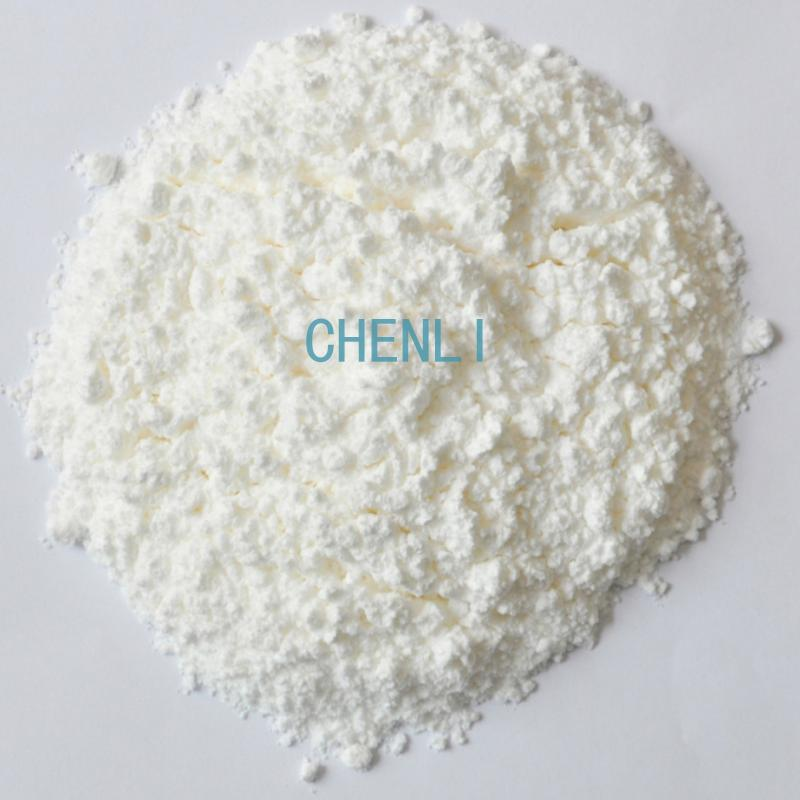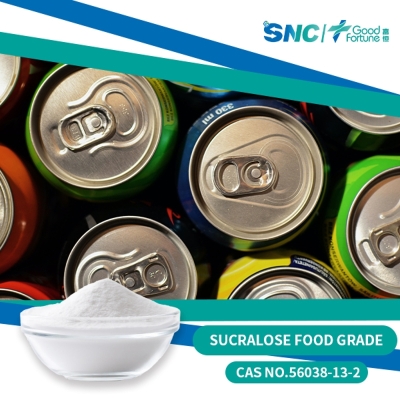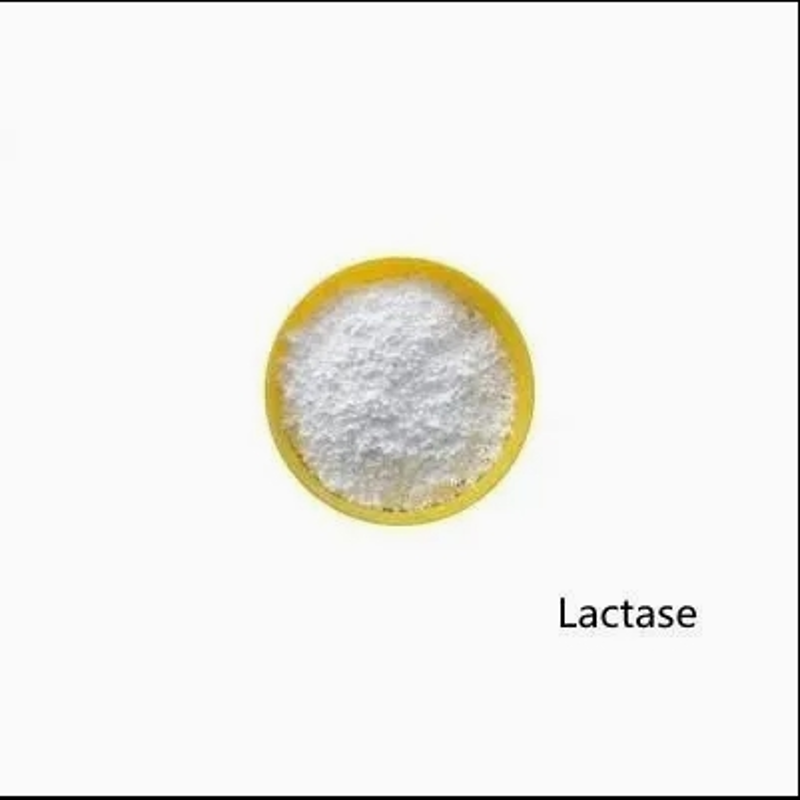Sweeteners don't hurt you
-
Last Update: 2021-02-13
-
Source: Internet
-
Author: User
Search more information of high quality chemicals, good prices and reliable suppliers, visit
www.echemi.com
zero calories
-
zero guilt? Zero Coca-Cola uses
asparta sweets and ansai honey to provide sweetness aspartassin, lycool, stevia may sound like the antithetic characters of science fiction
,
but in fact
, it's
are sugar substitutes or sweeteners.german chemists have been using the earliest sweetener
-
saccharin, known as "the sugar of the poor", since more than
100,
years ago.concerns about their potential toxicity have persisted almost continuously to this day.
diabetes, cancer, stroke, epilepsy, high blood pressure, vomiting, dizziness
-
all of which are considered
are harmful due to the consumption of
seedding agents
these claims have not stopped, and today sweeteners have developed into a global industry worth hundreds of millions of rand (
the monetary unit
of the Republic of South Africa).from beverage desserts to cakes, chewing gum and ready-to-eat meals, additives can
found
more than 6,000 products.A report last week found that Purdue University in Indiana claims that diet drinks contain artificial sweeteners such as asparters, such as Coca-Cola Zero, that are no healthier than their full-sugar counterparts and can lead to weight gain, diabetes and heart disease.
susan Swithers
, author of the report, explains that this may be because chemicals fail to give our brains a sense of satiety, so we overindulg in other places.also said there was a link between asparticose and metabolic syndrome, a controversial term called syndrome, that increases the risk of heart disease and diabetes.it dangerous to replace sugar with artificial substitutes? Have we all been misled? We consulted an expert:is a sweetener?sugar substitutes are not all
, depending on the health characteristics,
can be divided into four
types
.artificial sweetener
(
such as aspartas sweetener and saccharinis
made from
chemical
substances,
does not provide calories
,
is therefore known as
"
non-nutritional
"
sweetener.sugar alcohols
such as sorbitol
and
glycol
)
are derived from substances in many vegetables and fruits
such as
cherries
).new
sweetener is recently added to the sugar substitute
ranks,
mostly from stevia extract
,
sunflower family varieties
more than
200
species
of the
category
shrubs and grasses
plants.
, sugar alcohol, new
type
sweeteners tasted
much sweeter than sugar
many
times
-
some
hundreds
times,
so
the amount
used
produce
same level
sweet taste is greatly reduced
last
are natural sweeteners
,
if juice
(
fructose
)
,
tequila
nectar
honey and maple syrup
,
these
substances
calories and carbohydrate content
basic and sugar
. , a dietitian and
, strongly disagrees
Purdue University's findings.
said: "
has many factors
sacsociating
our satiety
,
actually
there are
experiments showing that
, when you eat the first
chocolate
, the desire is significantly reduced, and at this point, sugar does not enter the blood circulation,
so this study does not prove anything
. Collins
said: "High-calorie sugars (sucrose) need insulin to degrade, which is a real risk for obesity, type
2
diabetes. She added: "Sweeteners don't contain or are low in calories and are not absorbed by the body, so they're actually zero calories." The scientific evidence that these products do not do a good job of preventing weight gain or diabetes, or that they actually cause these diseases, is groundless. you at risk of diabetes? the general (
common
)
concerns
still
exist,
saccharide
deceives the body into thinking
saccharides enter the
to
blood system
and
so
triggers
insulin
response
,
which raises the
risk of
diabetes
. "If
is true
then starchy foods, such as bread
, don't taste sweet, so
doesn't trigger insulin
response
,
but in fact it's
that triggers reactions,"
Collins
said. diabetes group says all zero-
-calorie
and low-calorie sweeteners
(the first three groups of
) are safe for diabetics.
the
guidance on natural sweeteners is
the same
on
sugar
as
on
. rumors of
cancer People's fears that
sweeteners may
are
carcinogens
stem from the 1970s, when studies showed that
saccharin
increased the risk of
bladder cancer in
rats
.
but a series of human trials later found no correlation between the two
. same time, the most commonly used sweetener, asparta sweetener
, was identified in
1996
as the culprit in the
1975
to
1992
Americans suffering from
brain tumours
diseases
peaks . Subsequent studies found no relationship. A U.S. study showed that
rats
fed 250 cans a day
250 cans of weight loss
drinks of the same amount
can cause
bladder tumors
, which were subsequently banned in 1969
seedgent
sweeteners. further studies have not
that
have
reproduced
results, but the ban has not
lifted
.
is considered safe
in
and
more
50
countries. Paul Mulholland
,
oncologist who specializes in
brain tumors
, said, "I don't know of any other
risk factor other than radiation
, which can cause
brain
tumors." " so
they safe?" "
"
study of the relationship between sweeteners and cancer, epilepsy and high blood pressure, as well as the way they are reported, is that cause and effect are often confused, Collins said. , she said,
e.g. to analyze
European newspaper readers may find that their
levels of bowel cancer
are higher than those of the African
people
but that's because
people in this group live in Western countries, have
specific diets,
and
n't because reading newspapers
causes cancer." she
that
focus
on
sugar
was based on a
misunderstanding of
broader
data. there is a
conception
that
Asparticle is harmful
because the body
breaks down
into
harmful
substances - methanol and formaldehyde. But
in fact
they
are
that are not absorbed by
, and
quantities
are
negligible: a can of Diet Coke
produces 20mg
methanol
, half the amount produced by the same amount of juice. "The
fact
that sweeteners are safe," Collins
Added
said, adding that
the U.S. Food and Drug Administration
and the European Food Safety Authority
both recognize
. Those who question their
are
often
because
can
gain
vested interests from them.
A major review chaired by the European Food Safety Authority concluded that
Aspartas is safe in both the extensive
scity of
research and
's more than 20 years of safe use
. If have irritable bowel syndrome
, please note that drives and dietitians
warn that
may have some sweeteners
with certain
side effects.
"sugar alcohols, especially glycol and sorbitol, are not absorbed by the intestines, and
doses, especially in people with irritable bowel syndrome
, can cause
bulation and diarrhea
" when used in large doses, said
Neil Ikin
, a consultant expert on .
Collins
recommends
sugar alcohols, which are often found in
gums
,
because
has been shown by
to
inhibit
bacteria in
's mouth <br /
This article is an English version of an article which is originally in the Chinese language on echemi.com and is provided for information purposes only.
This website makes no representation or warranty of any kind, either expressed or implied, as to the accuracy, completeness ownership or reliability of
the article or any translations thereof. If you have any concerns or complaints relating to the article, please send an email, providing a detailed
description of the concern or complaint, to
service@echemi.com. A staff member will contact you within 5 working days. Once verified, infringing content
will be removed immediately.







